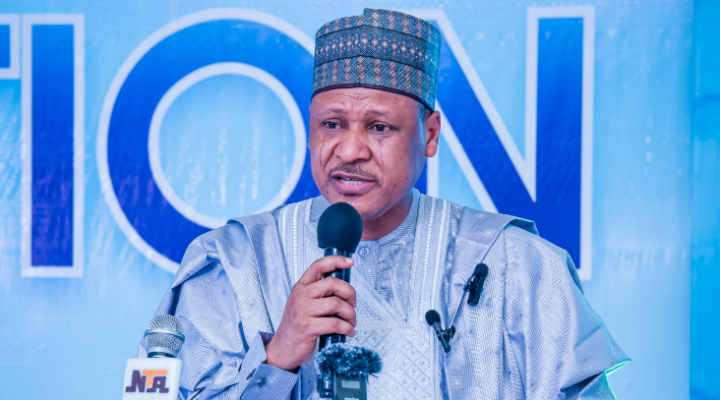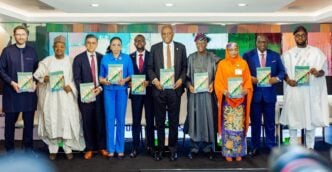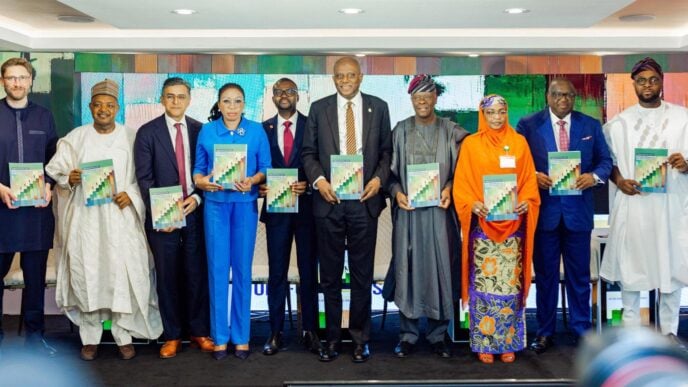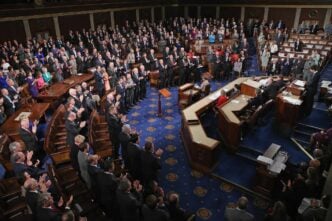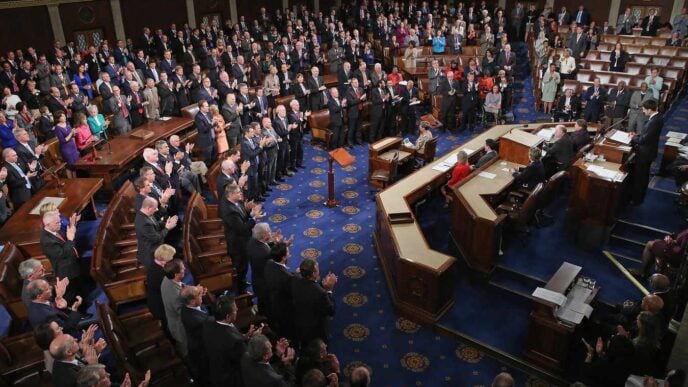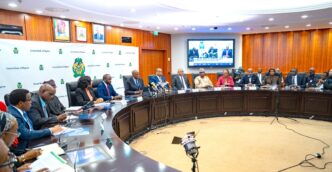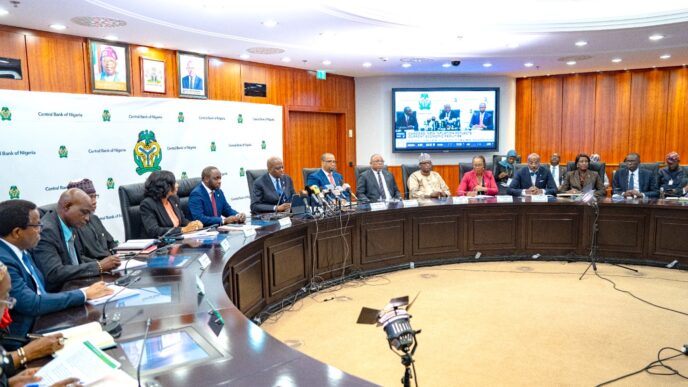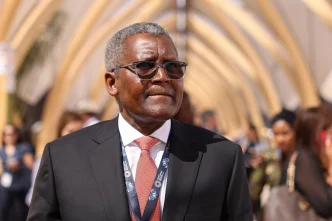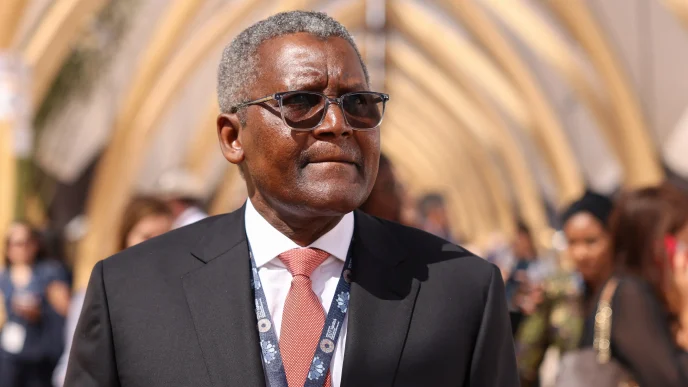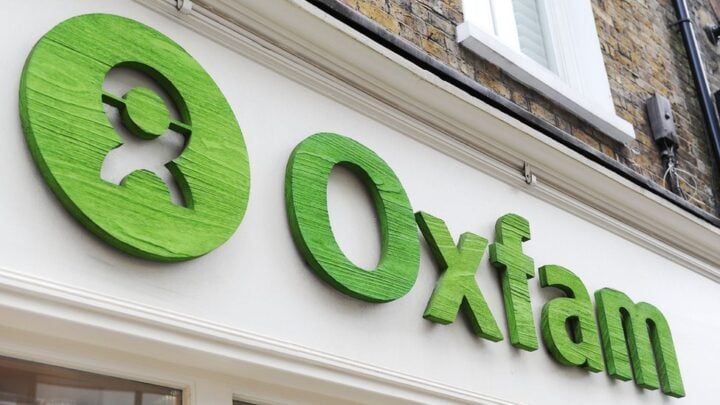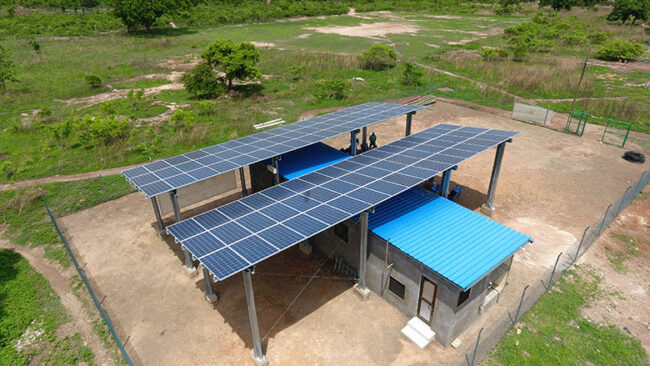Mohammed Idris, minister of information and national orientation, says the full repayment of Nigeria’s $3.4 billion COVID-19 loan from the International Monetary Fund (IMF) has enhanced the country’s credibility on the global stage.
On May 8, TheCable reported that Ngera had cleared the $3.4 billion COVID-19 loan.
Speaking on Monday after the federal executive council (FEC) meeting presided over by President Bola Tinubu in Abuja, Idris said Tinubu directed the repayment of the facility in line with his view of government as a continuum.
He added that the move has strengthened investor confidence in Nigeria’s ability to meet its debt obligations.
Advertisement
“President Tinubu, as usual, sees government as a continuum. He directed that the government should exit that debt, and I can report to you today that Nigeria has indeed exited from that IMF facility,” Idris said.
“This move has boosted our credibility globally. It reassures foreign investors of Nigeria’s capacity to meet its debt obligations and improves our rating across international financial platforms.”
The minister acknowledged scepticism over the announcement but insisted the repayment was real and complete.
Advertisement
“I saw some cynicism in some quarters questioning whether this is true. I can confirm it: the debt has been paid in full,” he added.
FEC APPROVES NEW PROCUREMENT THRESHOLDS
He also said the council approved new procurement thresholds to reduce delays in public service delivery.
“Council, upon the approval of the President, has directed the Bureau of Public Procurement to communicate new thresholds on the procurement of goods and services,” Idris said.
Advertisement
“This adjustment is long overdue and will reduce the number of approvals required by the Council, speeding up government processes.”
The minister said details would be circulated to all ministries, departments, and agencies (MDAs) to improve operational efficiency.
Idris also stressed the government’s commitment to expanding private sector involvement in driving national economic growth, especially in infrastructure projects like road development.
He said ministries, especially the ministry of works, have been directed to work more closely with private sector players who are willing to invest their funds.
Advertisement
“There is an increasing need for people in the private sector to participate actively in our economic growth here as a nation,” he said.
“We have seen an increased appetite among private sector players to come in and contribute their own quota towards infrastructure development.”
Advertisement
FG MOVES TO CRIMINALISE THEFT OF INFRASTRUCTURE
Addressing security of public infrastructure, the minister said the government is taking steps to clamp down on the theft and illegal trade of government assets, particularly metal components from roads and bridges.
Advertisement
“There is an increased activity that the government has noted where people go, especially in the cover of the night, remove some of these government assets, iron metals and scraps, and then go to sell them to other individuals who in turn now recycle them and bring them back to the market,” he said.
He said while laws exist, the Tinubu administration is considering tougher measures and has directed the attorney-general of the federation to review current legislation.
Advertisement
“The federal government is already mulling the possibility of criminalising this,” he said.
“Of course, we already have some of these laws in existence, but we are looking at them in depth, and the attorney general of the federation has been directed to look at that.”
The minister described the situation as a threat to national development and called for urgent legislative intervention.
